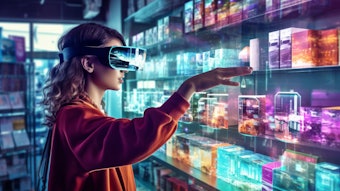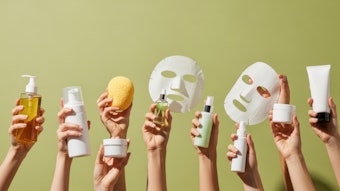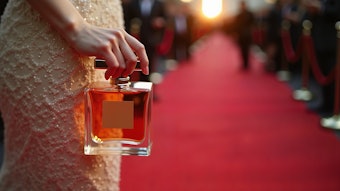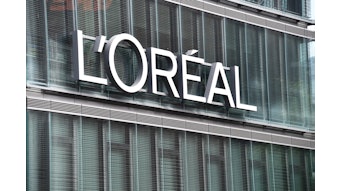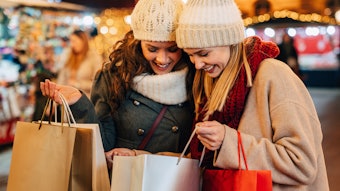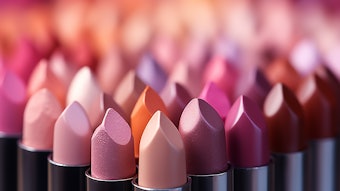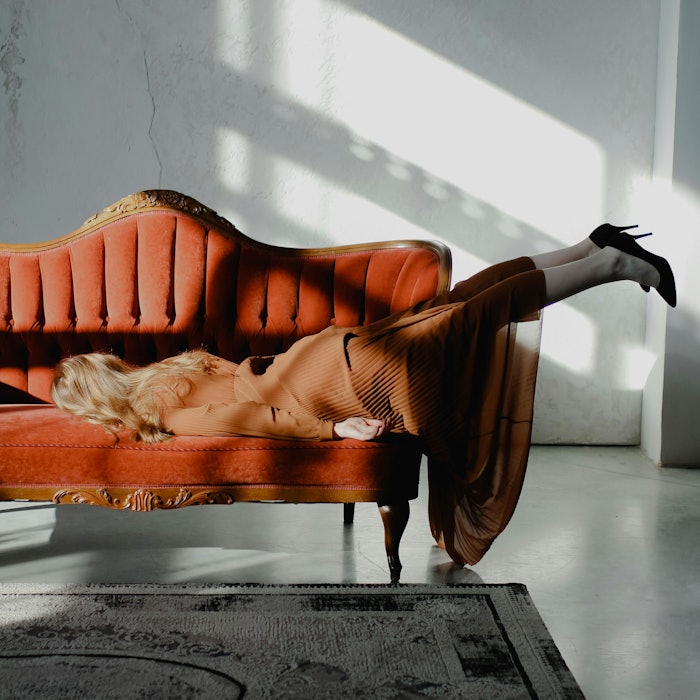
Sleep is a critical component of the body's natural resilience, allowing organs and systems to recover and renew from the day's stresses. It also happens to be particularly critical for hair and skin wellness.
A new Kline + Company report suggests sleep-related beauty is a significant innovation opportunity, pointing to trends such as #sleepgirlmocktail on TikTok and Spate's revelation that "nighttime skin care routine" searches are set to spike by more than 30% over the next year.
"As consumers become more aware of the link between sleep and beauty, products positioned at the intersection of the two are expected to grow in demand," writes Kline's Corrine Maier. "Therefore, beauty marketers should continue to prioritize research and development in this area, creating innovative solutions that not only enhance sleep quality but also promote skin health and overall well-being."
According to statistics cited by The Sleep Foundation, nearly half of workers are regularly tired during the day, while 10-15% of people experience insomnia over multiple months.
This outcome is 40% more likely for women versus men, while as much as 3/4 of older adults experience chronic sleeplessness.
The focus on the intersection of sleep and beauty already includes conventional treatments like:
- overnight hair masks such as Amika's Dream Routine Overnight Hydrating Hair Mask, featuring moisturizing hyaluronic acid and polyglutamic acid, hydrating bio-fermented coconut water, an nutrient-rich blue/green algae and sea buckthorn
- overnight skin care like R.E.M. Beauty's Full Night's Sleep Energizing Undereye Balm and Byoma's overnight Liptide Lip Mask
- and even nail-centric care like Londontown's Nighttime Cuticle Quench
But the Kline analysis shows that beauty can go further, actually aiding sleep.
For instance, some therapeutic brands argue that red light could help consumers to get better sleep. Those claims are somewhat untested.
Elsewhere, Ulta Beauty is already in the sleep game, offering ingestible solutions such as SeroVital's Advanced Anti-Aging Dietary Supplement, which claims to improve sleep quality, and Lemme Sleep's Sleep Tight Gummies, which is powered by sleep-friendly ingredients such as melatonin, magnesium, L-theanine, and a blend of botanicals such as chamomile, elderberry and lavender.
Google Trends data shows that Lemme Sleep's gummies have enjoyed 950% online search growth in the last 5 years. Gummies (searched as "gummy candies") are also a top sleep-related search trend, pointing to interest in the format.
To back that up further, searches for "CBD gummies for sleep" have grown by more than 1,200% in the last 5 years.
Other relevant searches connected to sleep include Dr. Teal's Sleep Spray with Melatonin & Essential Oils, which is designed to help "regulate sleep and wake cycles," per the brand. In fact, the SKU has enjoyed a 3,500% jump in search volume over the last 5 years.
There is also an overlap between fitness and sleep solutions, as seen with Asutra's longstanding Melatonin Lotion with Magnesium. While melatonin is well known to induce healthy sleep, magnesium can relax the muscles, induce calming neurotransmitter patterns and promote melatonin production.
This is just the tip of the iceberg when it comes to the intersection of sleep and beauty. In an age where consumers demand clinical efficacy and multifunctional benefits, brands have plenty of white space to promote healthy sleep while enhancing users' appearance.

